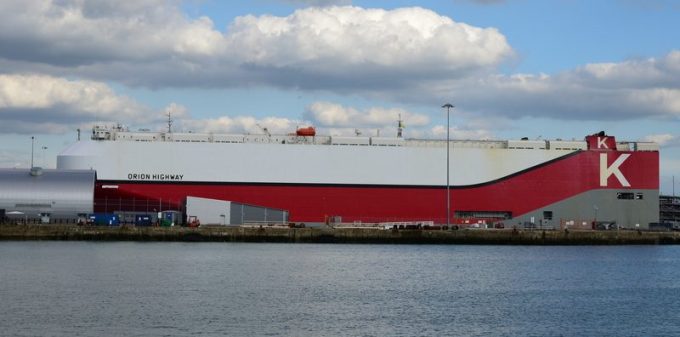Charter rates for PCTCs falling as tariffs put brake on EVs
Charter rates for pure car and truck carriers (PCTCs) are expected to halve from their ...

Bookings for all ro-ro routes from Europe to the Middle and Far East and most to the US are expected to be suspended until at least the second quarter of next year.
Carriers are battling too little capacity amid a boost in demand to carry freight.
One forwarder said: “Rates are increasing, capacity is at an absolute premium, with some routes fully booked four months out, and if you have a vehicle to move or other machinery, you can only book today for ...
Comment on this article